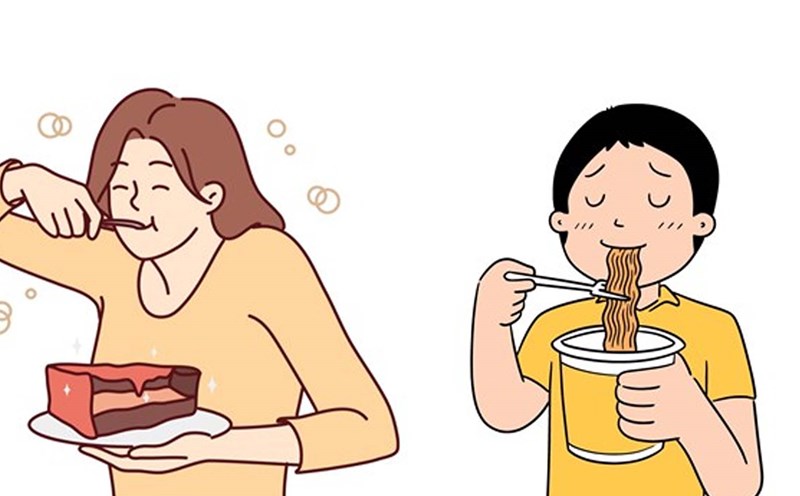Acid reflux (GERD) is a common condition that occurs when acid from the stomach flows back up into the esophagus, causing a burning sensation in the chest area, bloating, and heartburn. In addition to taking medication and adjusting their diet, many people are interested in intermittent fasting ( IF) as a natural way to improve symptoms.
Intermittent fasting is a cyclical diet, alternating between periods of eating and fasting. The most common method is the 16:8 method, which is to eat for 8 hours and fast for 16 hours a day. Some people also apply the 5:2 method (eat normally for 5 days, eat very little for the remaining 2 days). The special thing about IF is not focusing on what to eat, but emphasizing the time of eating.
How does intermittent fasting affect acid reflux?
According to Dr. Manoj Gupta, Head of the Department of Hunger Transplant and Gastroenterology at PSRI Hospital (Delhi, India), limiting the meal time can reduce the frequency of acid exposure in the esophagus.
Reduce stress on the stomach: Eating at specific times in moderation gives the stomach time to rest, reducing pressure on the lower esophageal muscles - the main factor causing reflux.
Reduce bloating and gas accumulation: Eating fewer meals, avoiding eating late at night can help reduce gas in the stomach, thereby reducing the risk of acid reflux.
Optimizes emptying the stomach: Long periods of fasting help the stomach become completely emptiness before eating again, avoiding digestive overload.
Which IF method is best for people with acid reflux?
Dr. Gupta recommends the 16:8 method as a safe and effective choice for people with acid reflux. The reason is:
Eat early in the day, avoid eating late at night, the time when acid is most likely to reflux.
Have enough time to digest food before bed.
Notes when applying
People with a history of stomach disease, digestive disorders or undergoing treatment should consult a doctor before starting intermittent fasting.
Avoid eating too much during the allowed time, as it can put the stomach under reverse pressure.
Maintain a healthy diet, avoid fried, spicy foods, coffee and alcohol.











